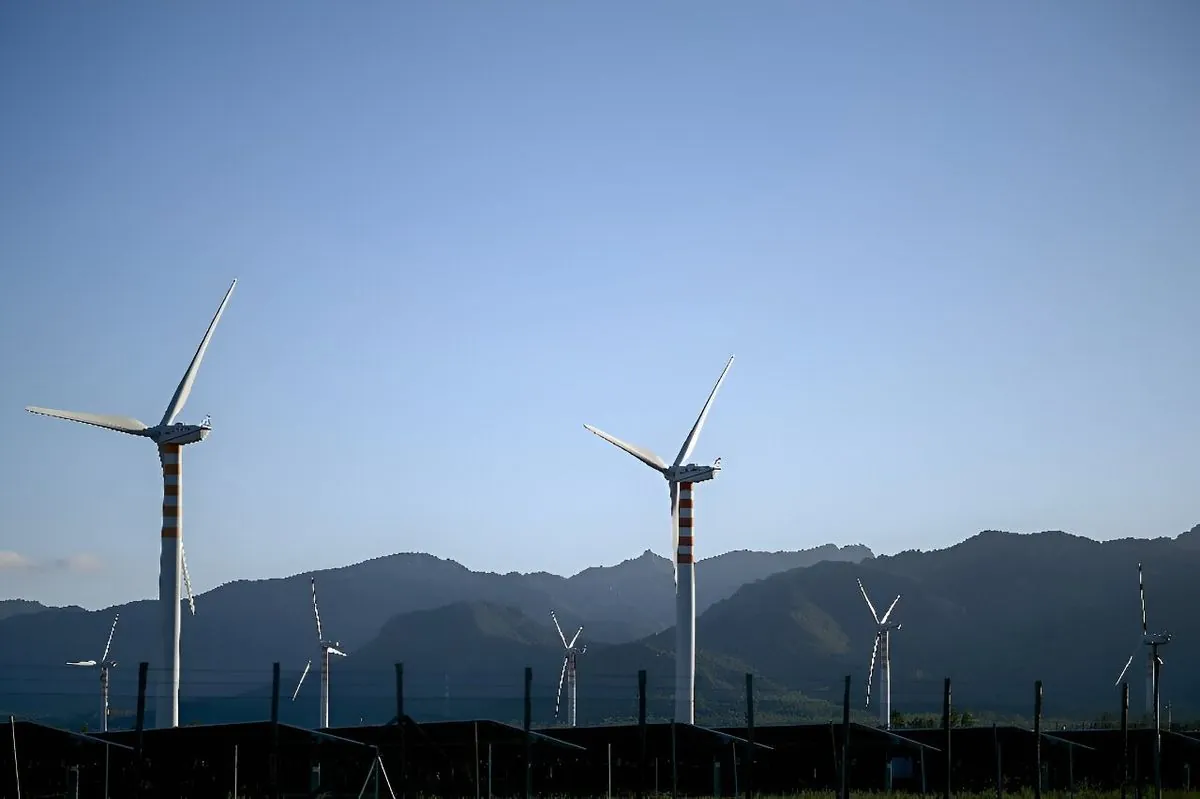Last summer‚ Christian Solinas administration in Sardinia made a bold-move: stopping hundreds of wind-turbines from being built on the mediterranean island (claiming landscape protection reasons). Three months later they expanded the ban to include solar-panels too
The local govtʼs stance led to some un-expected consequences: protestors who supported using natural-gas instead of renewables got more active and in mid-summer someone burned down two planned wind-farms in northern Sardinia. The islands 1.6 million residents currently depend on coal-power for most of their electricity needs
The commissions legacy will depend on its ability to push forward vital green policies within a maelstrom of political and domestic discontent
The EUʼs green-deal faces real issues here: approved back in 2020 it wants zero emissions by 2050 with these main goals:
- Cut greenhouse gases 55% by 2030
- Restore natural environments
- Make food systems better
- Create circular economy
- Help industries become greener
Brussels think-tank experts point to four main risks: unstable global trade market tech progress problems with fairness and policy trust. The EU has cut emissions 32.5% since 1990 but needs more speed to hit its targets
Trade problems with China (who makes most solar-panels and batteries) could slow everything down. High interest-rates dont help either making it harder to pay for the 700 billion euros needed yearly between 2031-2040. Recent polls show 81% of Europeans support climate goals but most want help with energy costs first
The whole situation tests how well different EU countries can work together on climate goals while dealing with local pushback. Some analysts think future delays or even policy changes might happen which could hurt businesses that already invested in clean tech
